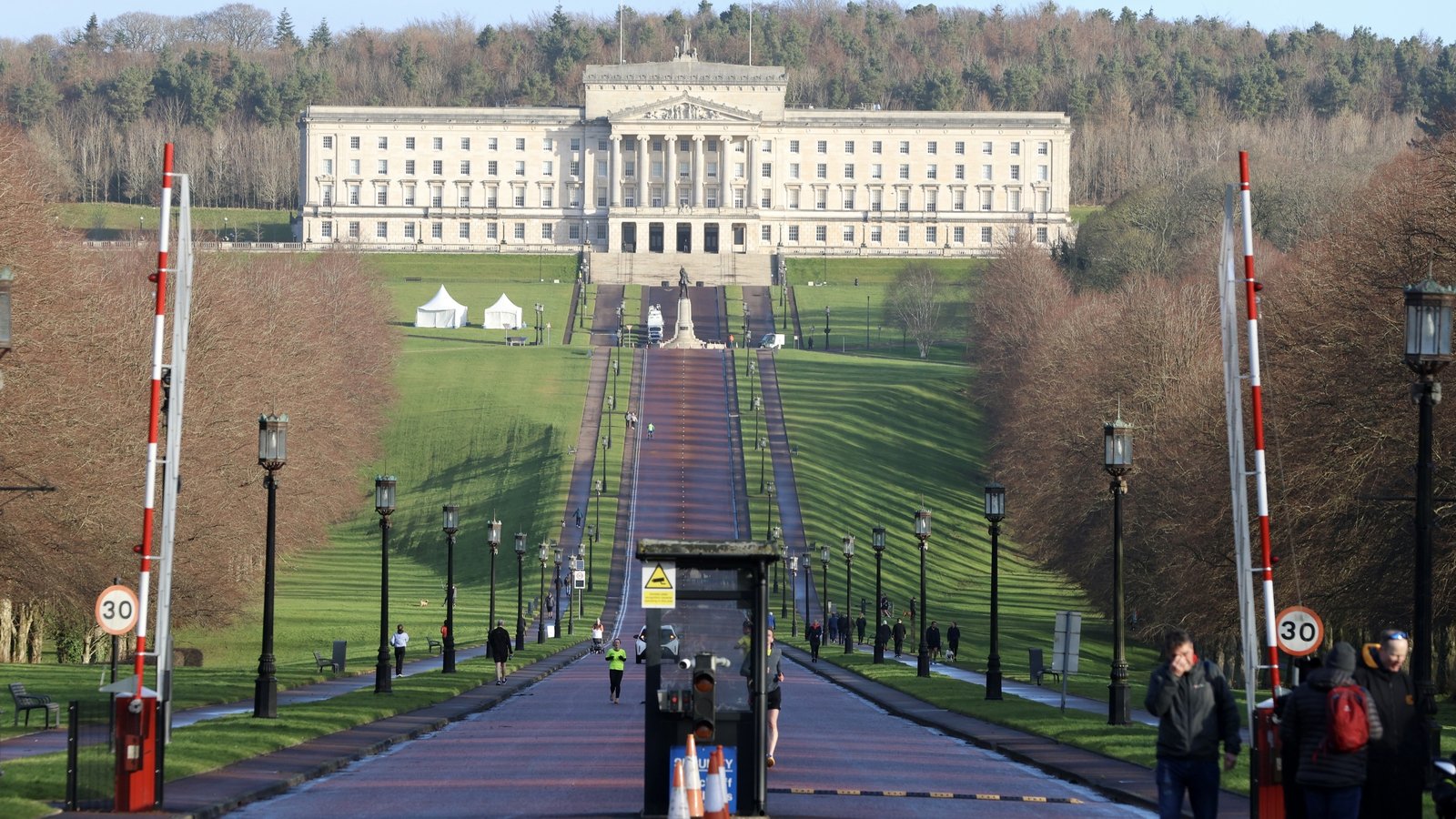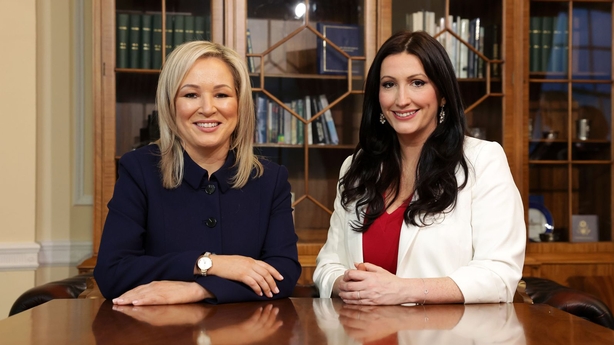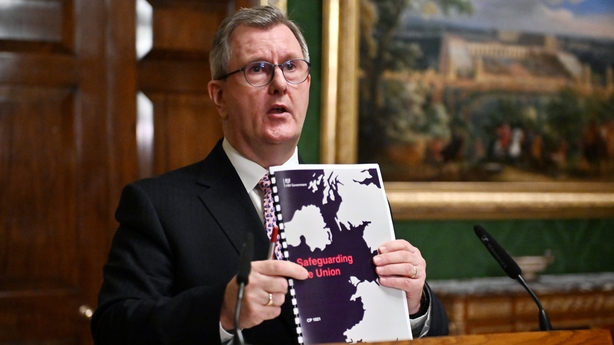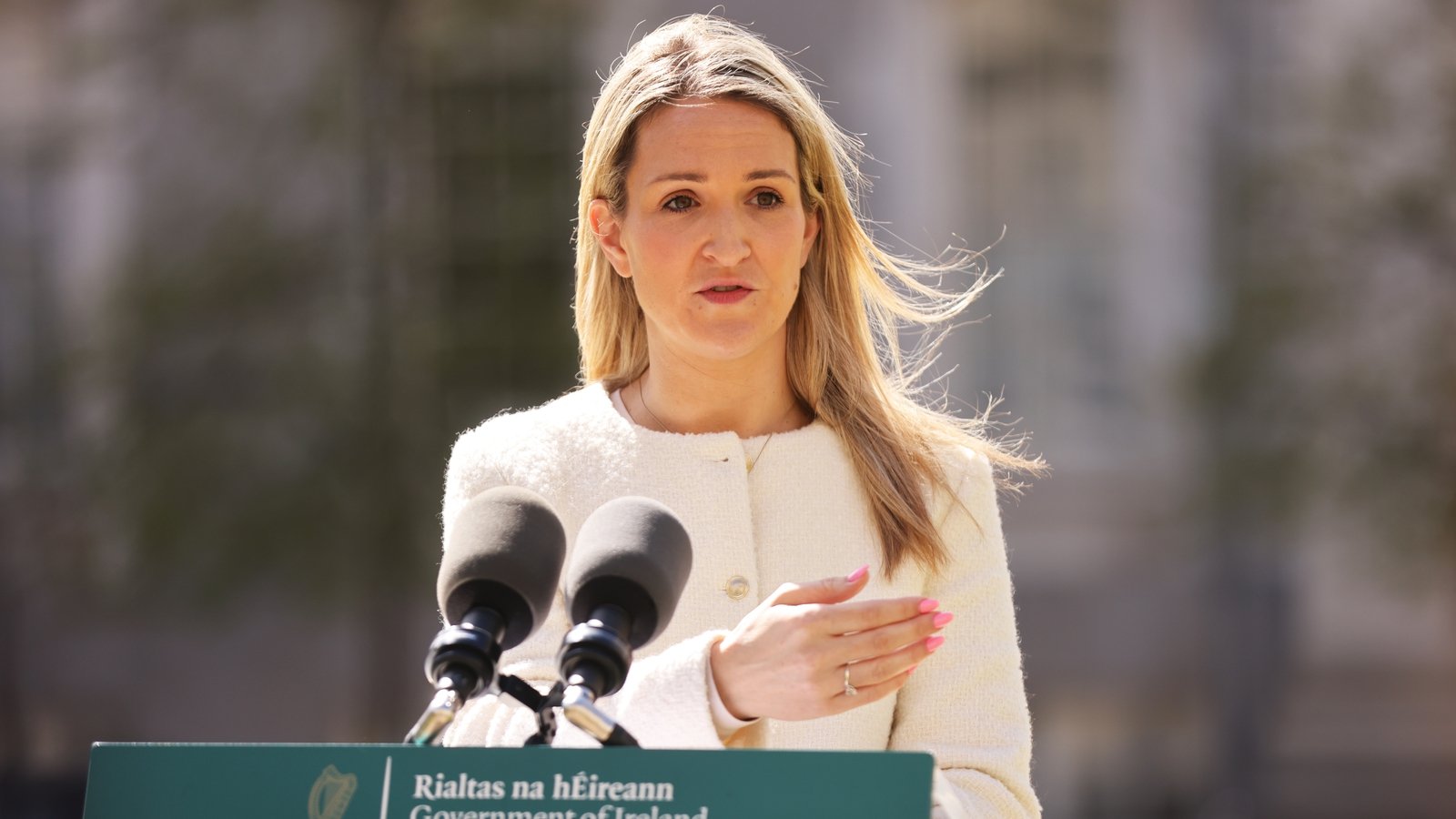Dublin should tread carefully as NI attempt power-sharing

Oscar Wilde once quipped that “second marriage is the triumph of hope over experience.”
Hope is the word which is also being applied to the latest iteration of the power-sharing in Northern Ireland – hope, rather than expectation, that it endures.
The party leaders at Leinster House all sang from the same hymn sheet yesterday and were unequivocal in welcoming the return of the political institutions and expressing hope for their longevity.
Only a cynic would refuse to recognise the huge symbolism associated with yesterday’s events.
But only a fool could disregard the fact that Northern Ireland’s politicians face immediate and perilous challenges.
Given Stormont’s propensity to collapse, all politicians at Leinster House need to tread very carefully in what they do and say.
That maxim applies, even if there is a red-line.
One immediate wrinkle is the North-South Ministerial Council.
That’s the body set-up under the Belfast/Good Friday Agreement in which Ministers from both sides of the border meet to develop consultation, cooperation and action within the island of Ireland.

Taoiseach Leo Varadkar confirmed to me yesterday that “we have no dates set” for the NSMC to meet.
He was clear that, from his government’s point of view, it has to happen.
Mr Varadkar stated: “The Good Friday Agreement is a package. It’s about the Assembly and Executive power-sharing in the North. It’s about North-South bodies. It’s also about the East-West relationship. So for it to work, it has to work in the round.”
To be fair to Mr Varadkar, his main objective in speaking to the media yesterday was to offer his “heartfelt congratulations” to the new First Minister and the Deputy First Minister.
He also declared: “I believe that the new Executive and new Assembly can last.”
But it’s also clear the Irish government wants cross-border bodies meeting as soon as is practicable.
Will the new Assembly and Executive see it the same way? Can they unite to deliver it?
The Tánaiste and Minister for Foreign Affairs, Micheál Martin, also referenced the North-South Ministerial Council in his statement.
He expressed the view that it would play “… a key role in the period ahead in making sure that we make the most of shared opportunities, including supporting the all-island economy, which continues to be a source of prosperity, growth, and livelihoods for many from all communities across this island.”
For the DUP, the recent priority has been to remove trade barriers between Northern Ireland and Great Britain rather than any notion of building an all-island economy.

Party leader Jeffrey Donaldson said his future priority would be to hold the government’s “feet to the fire” to ensure the UK internal market operates as one.
That deep Unionist concern over post-Brexit trading arrangements remains entrenched, even if the Tánaiste was stating that Northern Ireland has “unrivalled opportunities” because it’s part of the UK internal market while also having “unique access” to the EU’s single market.
President Michael D Higgins talked-up the positives, saying the speeches of both the First Minister and the Deputy First Minister were “…most impressive in their inclusion, warmth and their wish to get to grips with all of the important practical tasks that they will face.”
He added: “This obvious shared desire to work together offers the best of prospects for the institutions to serve all of the people and to meet their differing needs.”
The President is undoubtedly correct in his analysis.
The question is whether the new Executive and Assembly can rise to that challenge.
As RTÉ’s Northern Editor Vincent Kearney wrote the political parties are under pressure to deliver results – and quickly.
To achieve that goal, they have to prove to a demanding public that they are capable of making power-sharing work.
It seems to me that the onus is on them to deliver, as it’s no longer credible to blame either the complex political architecture at Stormont or fall back on “us versus them”.
Looking at the scale of the public sector strikes, it appears the public in Northern Ireland are a few steps ahead of their politicians.
If true, failure to deliver could have severe political consequences for the MLAs and their parties.
The hope must be that the “shared desire”, which President Higgins referenced, will ensure the institutions can survive the difficult decisions which lie ahead.
There’s that word again, hope.





